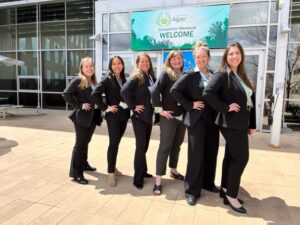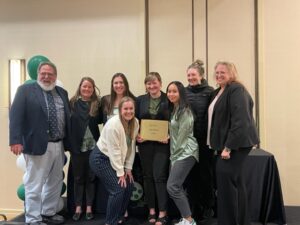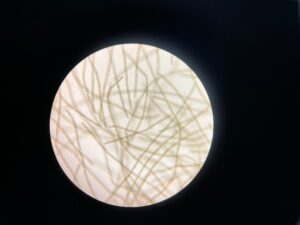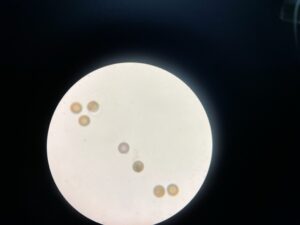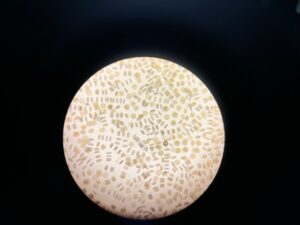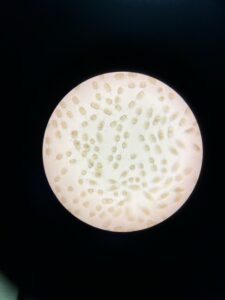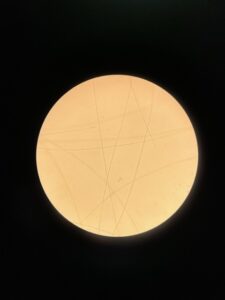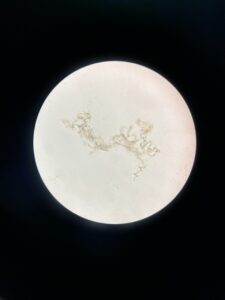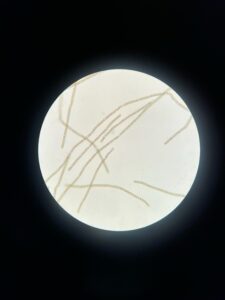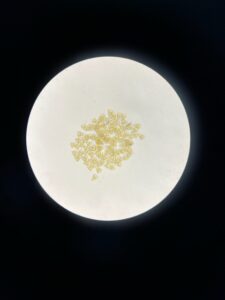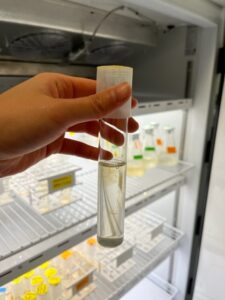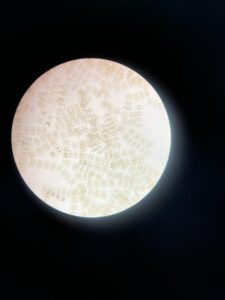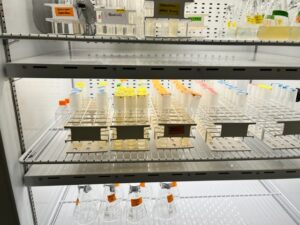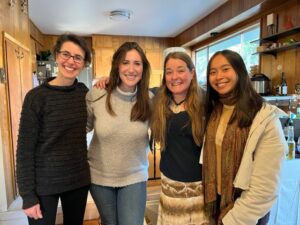Meet Maya Clarke!
Hello! My name is Maya Clarke, and I am an environmental science major with a minor in economics at the H.L. Wilkes Honors College of Florida Atlantic University. I am delighted to be working under the NSF CSUMB REU program at Moss Landing Marine Labs in the Environmental Biotechnology Lab this summer! I am working with Dr. Holly Bowers and Hannah McGrath studying how temperature impacts the abundance of Harmful Algae Bloom species in Monterey Bay.
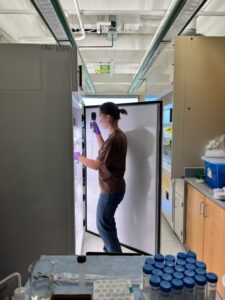 Professionally and personally, I love learning about interactions at intersection points. Estuaries are particularly interesting, as they are where the impacts of humans, land, and sea are concentrated.
Professionally and personally, I love learning about interactions at intersection points. Estuaries are particularly interesting, as they are where the impacts of humans, land, and sea are concentrated.
As a Floridian, the water is practically family. From rowing in the St. Lucie River, to kayaking through the Indian River Lagoon, to sailing or swimming in the Atlantic Ocean, I relished any opportunity to interact with my local waterways. Through in this age of “once in a lifetime” climatological events, I also became familiar with seeing stingrays one day, to the wildlife disappearing as the water turned rancid the next, to a week after, the normally blue visage turning a muddled green. My observations sparked an interest in how human activity impacts the interactions within the world around us, from the microbial level to the atmospheric. These interests drove me to study Environmental Science with a minor in Economics. Beyond my academic and professional curiosities, I also enjoy spending my free time crocheting, listening to audiobooks, and playing with bread, cookie, or pasta dough.



